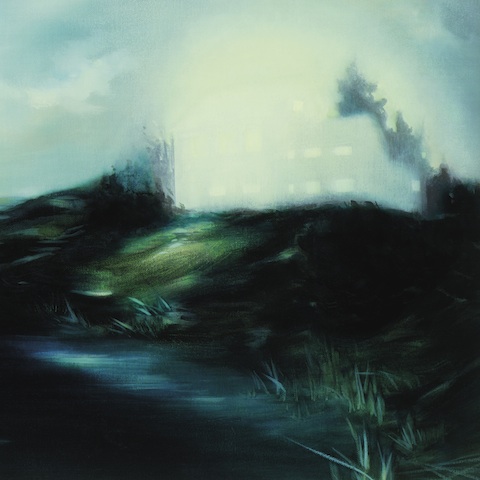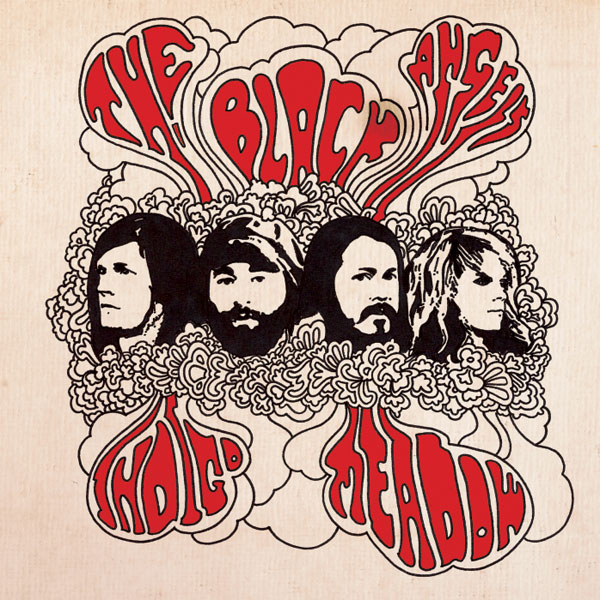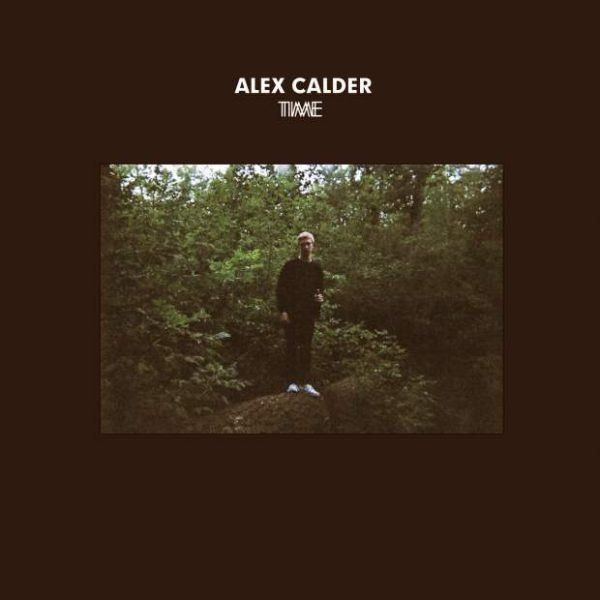by Devin William Daniels Robert Pollard is a busy man. Two solo albums a year from 2006 to 2012. Three…
Category: Album Review
Album Review: Heliotropes’ Debut LP, ‘A Constant Sea’
by Aaron Rajala Edgy might be a word that some people equate with aging hipsters on the fringe of becoming…
Album Review: Boards of Canada’s ‘Tomorrow’s Harvest’
by J. Hubner From the opening horns of “Gemini” to the fading strands of the album’s closer, “Semena Mertvykh,” there…
Album Review: Deafheaven’s ‘Sunbather’
by J. Hubner Deafheaven‘s Sunbather is one of those anomalies that happens every so often in metal music where you’re…
Album Review: Camera Obscura’s ‘Desire Lines’
by Devin William Daniels Camera Obscura‘s new album, Desire Lines, is a dreamy and pristine offering, a reverse time capsule…
Album Review: The Besnard Lakes’ LP ‘Until In Excess, Imperceptible UFO’
by J. Hubner I’ve only recently began listening to The Besnard Lakes, and I can say without a doubt that…
Album Review: The Black Angels’ New LP ‘Indigo Meadow’
by J. Hubner As soon as those tribal drums start in, and that psycho-esque dissonance pipes up, you pretty much…
Album Review: Alex Calder’s ‘Time’ EP
by J. Hubner There’s a certain calm detachment that rules Alex Calder’s new EP, Time. It’s as if he woke…







